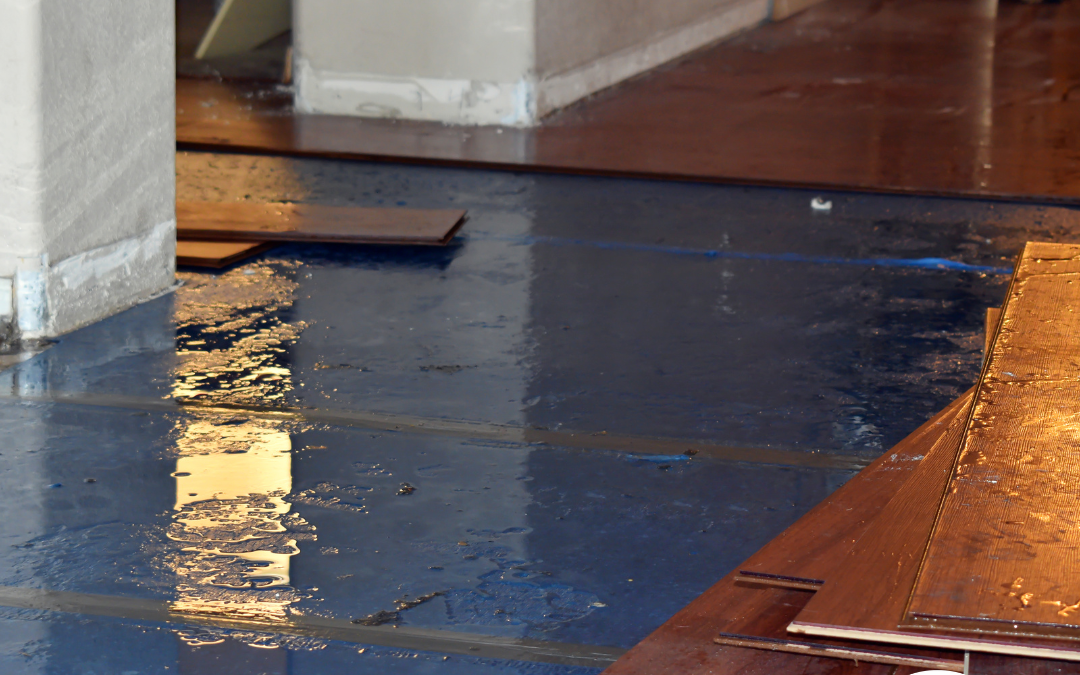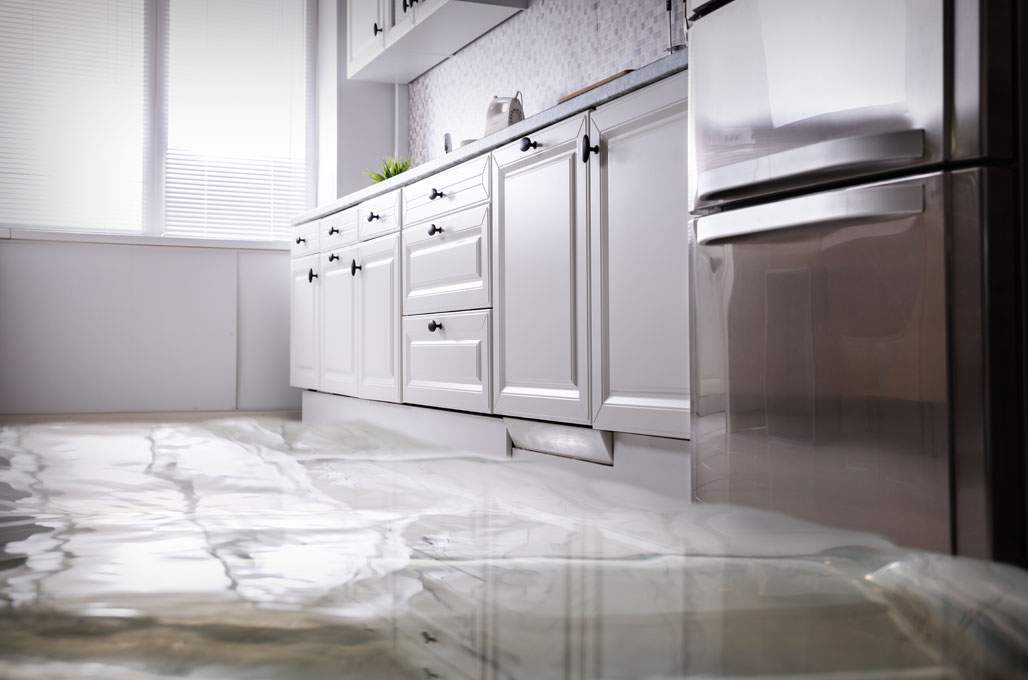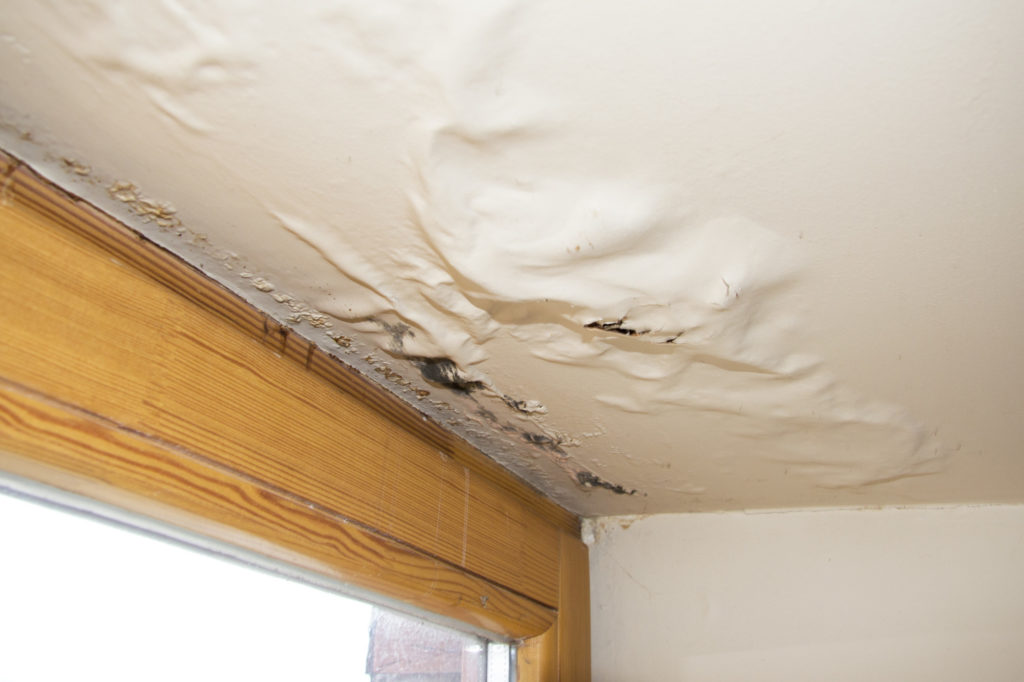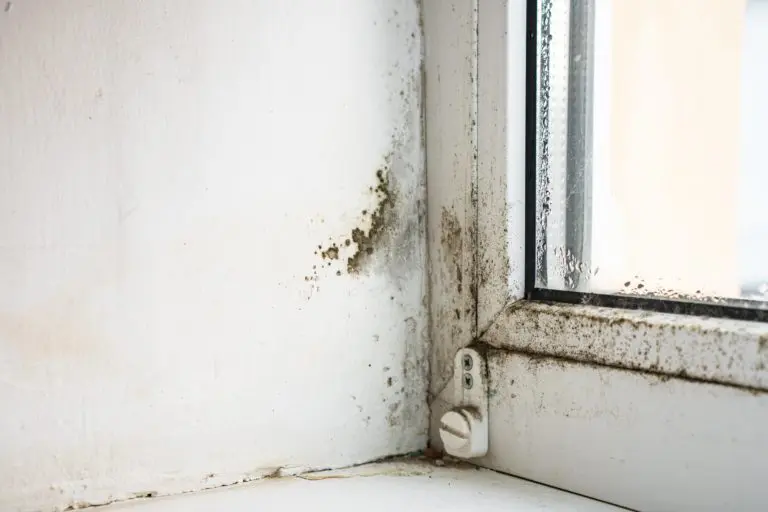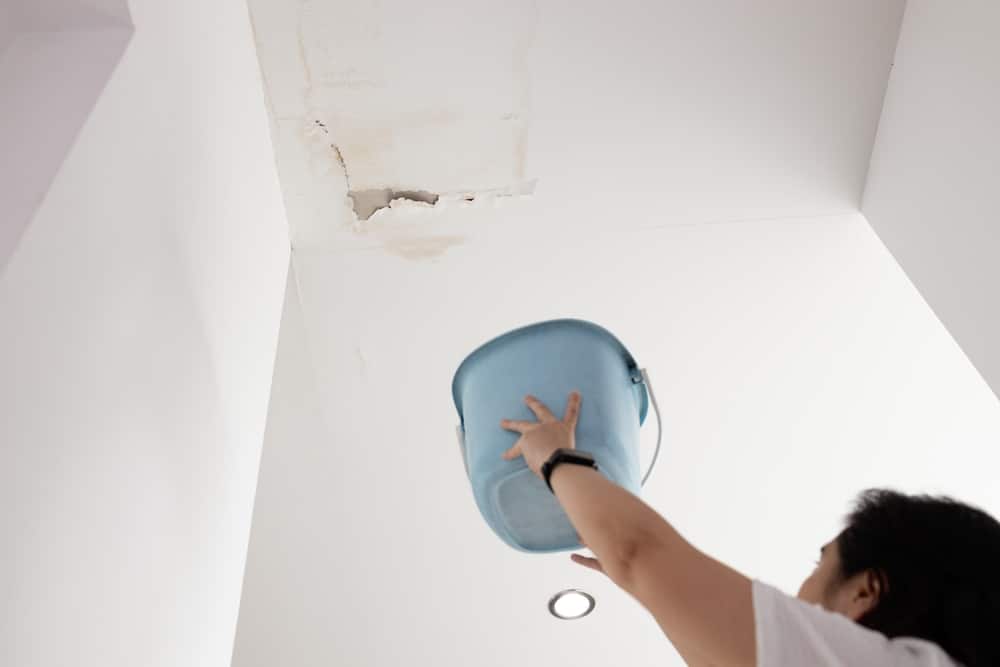In today’s world, where technology is swiftly evolving, the use of smart devices has become a norm in many aspects of life. For landlords, incorporating noise sensors into their properties offers a unique opportunity to ensure peace and minimize disputes. Understanding how noise sensors protect landlords is crucial for anyone looking to invest in or manage rental properties efficiently.

The Role of Noise Sensors in Modern Property Management
Noise complaints are among the most common issues landlords face. By utilizing noise sensors, landlords can proactively manage these complaints, ensuring a peaceful environment for all tenants. These sensors detect sound levels and notify landlords when noise exceeds predefined thresholds. This proactive approach helps landlords address potential issues before they escalate.
Benefits of Using Noise Sensors for Landlords
The primary benefit of noise sensors is the ability to maintain a positive relationship with tenants. By addressing noise issues swiftly, landlords can prevent conflicts and maintain tenant satisfaction. Moreover, these sensors can help landlords avoid fines related to noise violations and ensure compliance with local regulations.
Improving Tenant Relations
When tenants know that their comfort is prioritized, they are more likely to renew their leases, reducing turnover rates. Noise sensors demonstrate a landlord’s commitment to providing a high-quality living environment, fostering trust and loyalty among tenants.
Implementing Noise Sensors in Rental Properties
Integrating noise sensors into rental properties is a straightforward process. These devices can be installed in common areas, near party walls, or in individual units, depending on the property’s layout. Data collected by the sensors is often accessible through a mobile app, allowing landlords to monitor noise levels remotely.
Choosing the Right Noise Sensors
When selecting noise sensors, landlords should consider factors such as range, sensitivity, and connectivity. Some sensors offer additional features like integration with other smart home devices, providing a comprehensive property management solution.
Legal Considerations and Privacy Concerns
While noise sensors offer numerous benefits, landlords must be mindful of legal and privacy concerns. It’s important to ensure that tenants are informed about the presence of sensors and how they will be used. Clear communication helps avoid misunderstandings and fosters a sense of transparency.
Compliance with Local Regulations
Landlords should be aware of local noise ordinances and regulations when implementing noise sensors. Compliance ensures that the use of these devices is both legal and effective in maintaining a peaceful property environment.
Exploring Advanced Features of Noise Sensors
Modern noise sensors come equipped with advanced features that enhance their functionality. Some devices offer integration with smart home systems, providing landlords with a comprehensive property management tool. Others include features like the ability to differentiate between types of noise, allowing for more precise monitoring.
Integration with Smart Home Technology
Integrating noise sensors with other smart home devices can enhance their effectiveness. For example, sensors can be linked with security systems or lighting controls, providing a holistic approach to property management. Explore more on Smart Noise Monitoring for Rentals.
Cost-Effectiveness and Return on Investment
While the initial investment in noise sensors may seem significant, the long-term benefits far outweigh the costs. By reducing tenant turnover and legal disputes, landlords can achieve a higher return on investment. Furthermore, properties equipped with smart technology often attract higher-quality tenants, further enhancing profitability.
Maximizing Property Value
Property value can significantly increase with the integration of noise sensors and other smart technologies. Prospective tenants value modern amenities, and properties offering such features often command higher rents. Learn more about Smart Property Management.
Case Studies: Success Stories of Noise Sensors
Several landlords have successfully implemented noise sensors, resulting in improved tenant relations and reduced complaints. These success stories illustrate the practical benefits of using technology to enhance property management.
Real-World Applications
For instance, a landlord in a busy urban area used noise sensors to address frequent noise complaints. The sensors allowed them to identify problem areas and work with tenants to find solutions, ultimately leading to a more harmonious living environment.
Conclusion: Embracing Technology for Better Property Management
In conclusion, noise sensors provide landlords with a powerful tool to protect their properties and enhance tenant satisfaction. By leveraging this technology, landlords can create a more harmonious living environment, reduce conflicts, and increase property value. As smart technology continues to evolve, those who embrace these innovations will find themselves at the forefront of successful property management.

FAQ
Do noise sensors record conversations?
No, noise sensors typically measure sound levels without recording audio, ensuring tenant privacy.
How do noise sensors notify landlords?
Most noise sensors are connected to a mobile app, which sends alerts when noise levels exceed set thresholds.
Are noise sensors legal in all rental properties?
While generally legal, landlords should ensure compliance with local regulations and inform tenants about sensor installation.
This article contains affiliate links. We may earn a commission at no extra cost to you.


